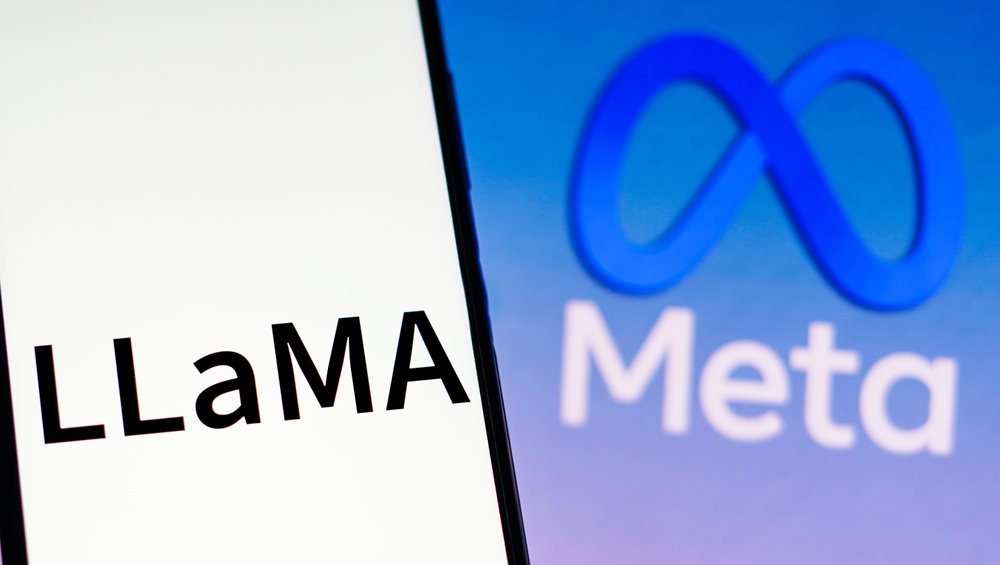Meta has recently unveiled a groundbreaking tool named Code Llama. Built upon the powerful Llama 2 AI language model, Code Llama is designed to streamline the process of generating and debugging program code. It operates under the same licensing terms as its predecessor, allowing both research and commercial usage.

Efficient Code Generation and Debugging
Code Llama offers a dual functionality, enabling it to generate code based on textual descriptions and assist in debugging existing code. By simply pointing to a specific line, the tool can complete and refine code segments. In addition to the standard Code Llama model, Meta has introduced two specialized variants: Code Llama-Python and Code Llama-Instrct. While Code Llama-Python focuses on code generation within the Python programming language, Code Llama-Instrct understands and executes commands in natural language. It’s important to note that these models are not interchangeable. The development team advises against employing the basic Code Llama or Code Llama-Python for natural language control tasks.
Superior Performance and Variants
Meta claims that Code Llama outperforms publicly available large language models. Although the company hasn’t disclosed the platforms involved in testing, performance evaluations substantiate this assertion. Notably, on the HumanEval test, Code Llama achieved a commendable score of 53.7%, showcasing its ability to accurately generate code based on textual prompts. To cater to different needs, Meta plans to release three versions of Code Llama, including a smaller variant compatible with single GPU systems.
Competitors and Industry Landscape
In the competitive landscape, Meta’s rivals have also ventured into similar territory, reminds NIXsolutions. GitHub Copilot, powered by OpenAI’s GPT-4, offers comparable capabilities in code assistance. AWS boasts CodeWhisperer, while Google has developed AlphaCode, though the latter remains unreleased. It’s worth noting that Microsoft, owner of GitHub, faced legal action over Copilot for alleged copyright infringement due to code reproduction.
